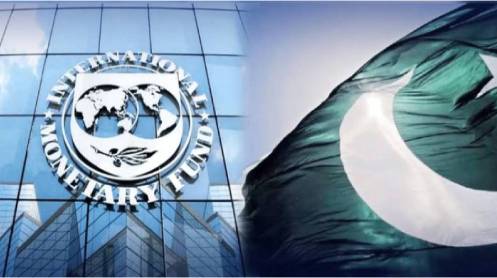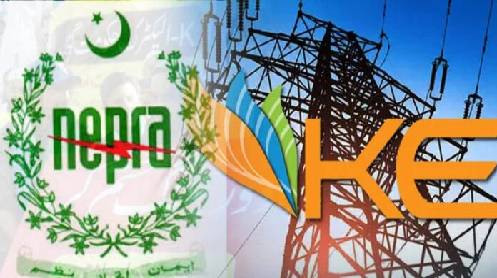Insiders say move will facilitate green bonds, cheaper loans from multilateral institutions Withholding tax on bank transactions for non-filers likely to be hiked; carrot-and-stick approach to broaden tax base
Fiscal adjustment of Rs1.6 trillion likely through additional revenue measures, privatisation
ISLAMABAD: In a bid to secure continued support from the International Monetary Fund (IMF), the government is considering introducing a carbon tax on petroleum and similar products. This move aims to align with the IMF’s push for an integrated general sales tax (GST) and to achieve the benefits of a value-added tax (VAT) system for better documentation and digitisation of the economy.
Sources reveal that the carbon tax is one of several measures under deliberation, potentially aiding in attracting international financial support through green bonds, e-bonds, and cheaper loans from multilateral institutions. Future development programmes are already being aligned with climate public investment management benchmarks.
The IMF advocates for reinstating standard GST on petroleum products alongside a petroleum levy of up to Rs60 per litre, as part of its broader objective to transform the GST scheme into a universal VAT mode of taxation. However, authorities suggest the reintroduction of the carbon tax or increasing the petroleum levy threshold to Rs100 per litre in the upcoming budget to generate greater revenue from petroleum products, as the proceeds remain entirely within the federal budget.
Officials argue that federal revenue instruments like the petroleum levy and carbon tax are easier to collect and address financial constraints more effectively than rebalancing the National Finance Commission (NFC) award, which heavily favors provincial allocations. This strategy would allow the federal government to avoid politically sensitive issues such as undoing fiscal devolution.
Additionally, the government and the IMF have discussed expanding social welfare initiatives under the Benazir Income Support Programme (BISP), with a focus on better targeting and linking stipends to inflation to mitigate the impacts of record inflation.
In terms of taxation, efforts will focus on digitisation and documentation using a carrot-and-stick approach. Retailers will be encouraged to register under the Tajir Dost Scheme voluntarily, with non-compliance resulting in fines and other penalties. Non-filers of taxes will face higher withholding tax on bank transactions, potentially increasing from the current 0.6% to 1%.
The government anticipates a fiscal adjustment of at least 1.5% of GDP, or approximately Rs1.6 trillion, in the upcoming budget. This will be achieved through additional revenue measures, expenditure rationalisation, and privatisation. The finance minister has already indicated intentions to reform pensions and reduce development spending as key expenditure measures.
The revenue strategy will focus on expanding the tax net by transforming the GST into a true VAT, despite its potential inflationary impact, and broadening the tax base to include retail and wholesale traders and agriculture. Reductions in income tax slabs and uniform applicability to all income sources are also expected.
The government has committed to the IMF to continue timely gas and electricity tariff adjustments from the new fiscal year, while also aiming to reduce energy costs and involve the private sector to address circular debt. A tight monetary policy and market-based exchange rate will be maintained, with efforts to strengthen social security and state-owned enterprises, despite potential risks from political unrest and geopolitical situations.
Story by Khaleeq Kiani







